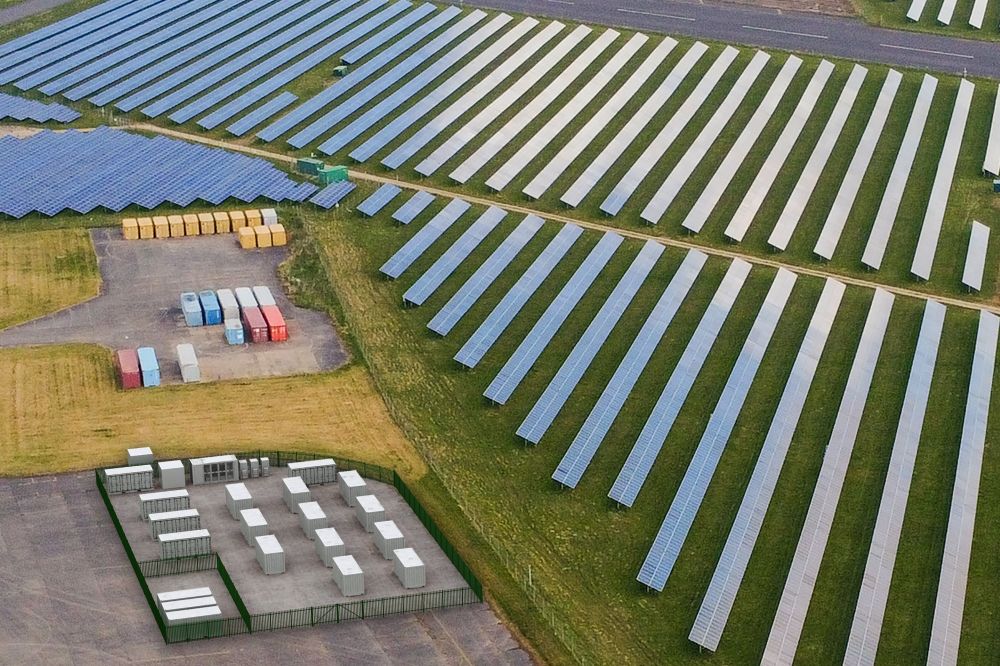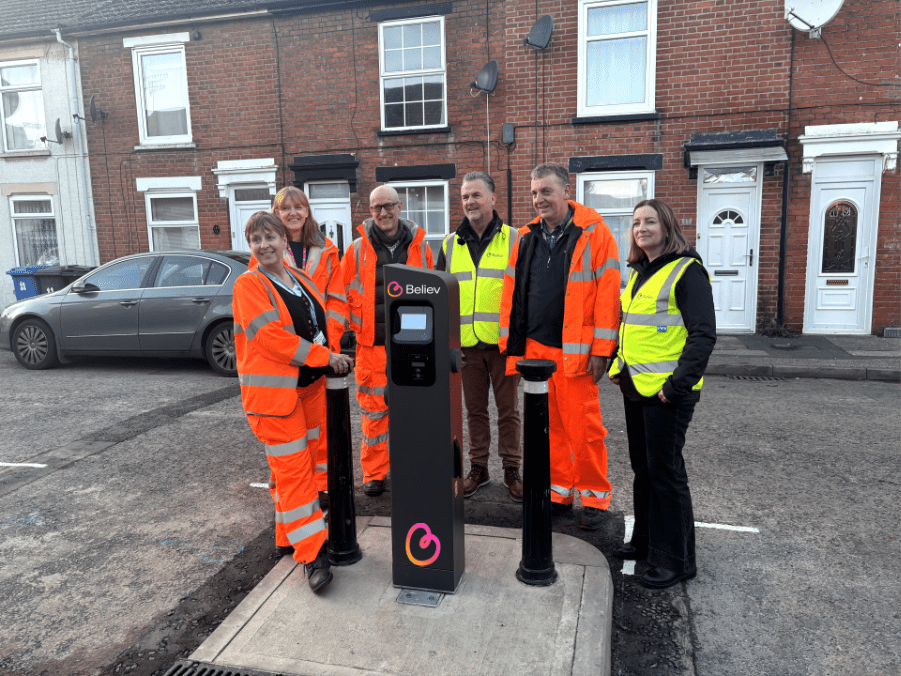The Climate Change Committee (CCC) has called for the UK to support COP28’s global goals to triple renewable capacity and double the annual rate of energy efficiency improvements by 2030.
For the first time, there was global consensus for “transitioning away from fossil fuels in energy systems, in a just, orderly and equitable manner”. The new Framework for the Global Goal on Adaptation has set targets adapting to climate change and the operationalisation of the Loss and Damage Fund was another important step towards building resilient global communities.
As a developed country and a champion of international climate ambition, the COP28 agreement brings implications for the UK’s domestic and international policies. The CCC says the UK must now support the COP28 global goals to triple renewable capacity and double the annual rate of energy efficiency improvements by 2030. There is also an obligation on the UK to support the acceleration of the global transition away from fossil fuels.
Piers Forster, Interim Chair of the Climate Change Committee, said:
“The UK played an important role in this hard-fought COP28 outcome. We may be further into the decarbonisation journey than many nations, but the obligation on every country is now to push even harder. This also frames the economic challenge for the UK. We must rapidly replace fossil fuels with low-carbon alternatives to get back on track to meet our 2030 goal.
“The UK could set a powerful example of tackling climate change and reducing our insecurity to climate impacts. The new global adaptation framework goes further than our own so I urge the Government to lean into its global role with an even stronger demonstration of domestic ambition.”
The UK Government maintained a strong presence at COP28, especially within the negotiations and through the sectoral initiatives started during the UK presidency at COP26. The UK continues to implement strong climate policies, like the new Zero Emissions Vehicle Mandate and the Boiler Upgrade Scheme. However, the international perception of the UK’s climate ambition suffered from mixed messages following announcements on new fossil fuel developments and the Prime Minister’s speech to soften some Net Zero policies.
The UK is still defining its post-EU, post-COP Presidency role in UNFCCC negotiations. The Committee urges a continued visible presence at future COPs and even greater domestic climate ambition to reinforce the UK’s international standing.
Next steps for the UK
In June 2023, the Committee noted a significant delivery gap to the UK’s Nationally Determined Contribution (NDC) of reducing emissions by 68% by 2030. The agreements made at COP28 require a sharper domestic response and time is now short for the gap to be bridged.
According to the CCC, achieving the 2030 NDC will require the rate of emission reductions outside of the electricity sector to quadruple from that of recent years. Addressing these gaps in a transparent way remains one of the most important ways for the UK to show climate leadership. On adaptation, the new Framework for the Global Goal on Adaptation goes beyond the UK’s current National Adaptation Programme (NAP3). The CCC says that NAP3 must therefore be updated within this policy cycle if it is to fulfil the targets within the Framework.
The CCC will continue to support the UK’s efforts through independent scrutiny of UK climate action. Its next assessment of UK climate progress will be published in June.
Chris Friedler, Senior Policy Manager at the Association for Decentralised Energy (ADE), said:
“The CCC’s report is clear. If the UK wants to continue to lead the world in tackling the climate crisis, it must first make serious moves at home. It must build, not slide, on a history of wise and successful policy. The key to rolling out more renewable energy will be a more flexible, resilient grid of the future, and the ADE supports the CCC’s view that the Government needs to go much further in reducing energy use in the building sector.
“One of the UK’s next steps after COP28 should be to progress the next part of the Review of Electricity Market Arrangements (REMA), so industry can help shape and plan the renewable future we need. So too must the government further embrace innovative green finance for home retrofit, boosting energy efficiency and dealing with the cost-of-living crisis at the same time.”
Image courtesy of Shutterstock.










